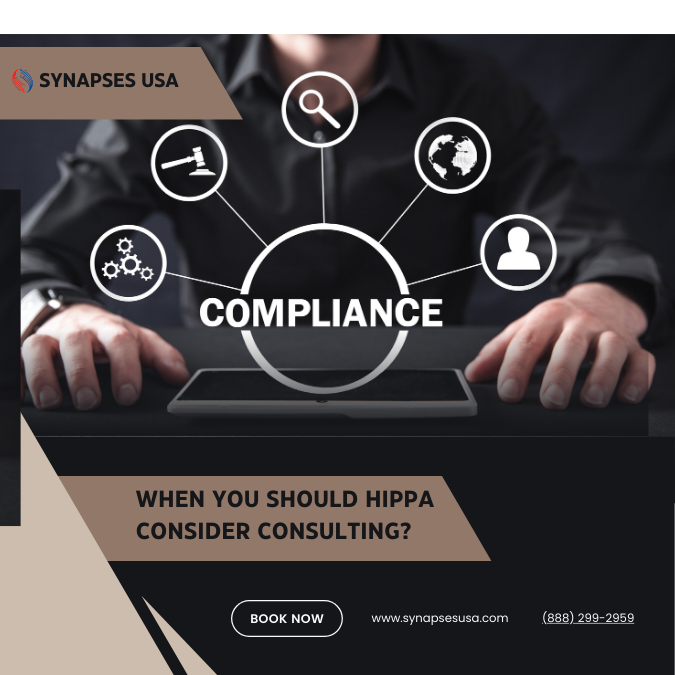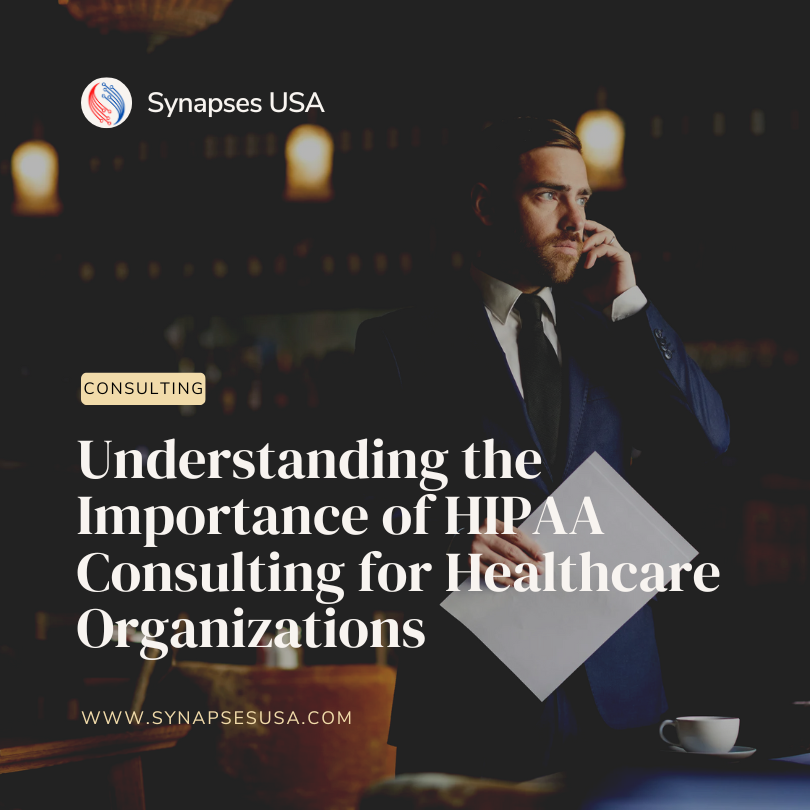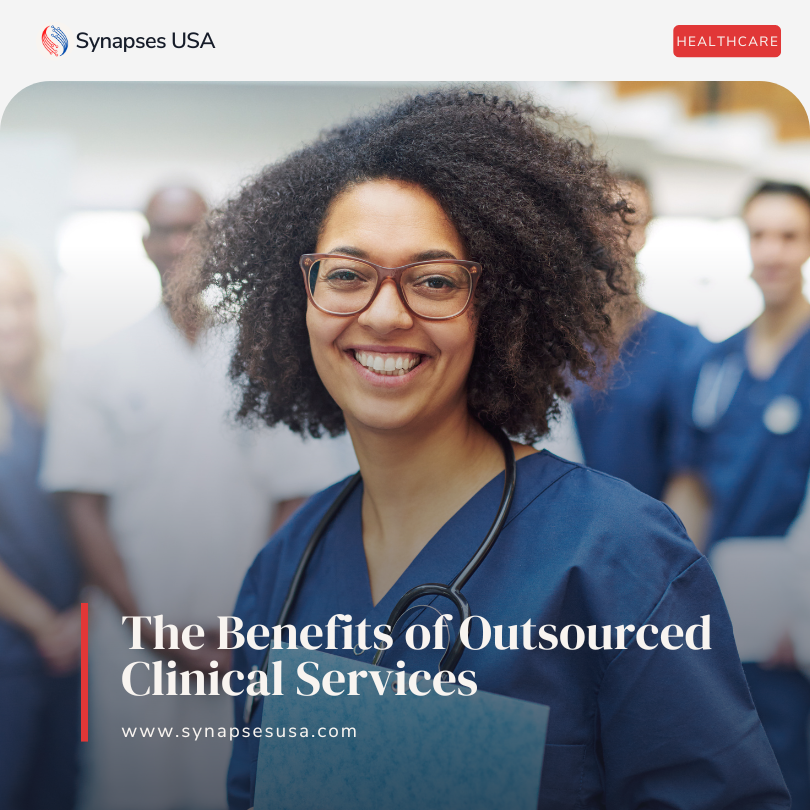Average Duration of Hospice Care Explained
Hospice care is a compassionate choice for those facing terminal illness. It focuses on comfort and quality of life. Understanding the average duration of hospice care can help families make informed decisions. Many wonder, “How long is hospice care?” The answer varies. Some patients receive care for days, others for months. The typical hospice stay is often around 18 to 24 days. Hospice is not just for the final days of life. It can begin months before. Early enrollment can improve quality of life and symptom management. Misconceptions about hospice can delay beneficial care. It’s not only for cancer patients. Any terminal illness qualifies. Hospice care involves a team approach. Doctors, nurses, and social workers provide holistic support. Families are encouraged to seek hospice care sooner rather than later. This guide will explore the factors influencing hospice duration. It will address common questions and misconceptions. Understanding hospice care can lead to better end-of-life experiences. Understanding Hospice Care: Purpose and Philosophy Hospice care is designed to support those with a terminal illness. It emphasizes comfort over curative treatment. The primary goal is to ensure a peaceful and dignified end-of-life experience. The hospice philosophy is centered on compassionate care. It prioritizes quality of life and symptom management. This approach is holistic, addressing physical, emotional, and spiritual needs. A multidisciplinary team supports the patient and family. This team typically includes: Hospice care can be provided in various settings. These include the patient’s home, hospice facilities, or hospitals. This flexibility helps meet the unique needs of each individual. Families receive emotional and spiritual support alongside the patient. Bereavement support is also part of the hospice offering. This support continues after the patient’s death. Understanding hospice’s purpose helps dispel misconceptions. It is not solely about the last days of life. Instead, hospice is about enhancing quality of life and providing comprehensive support. Is Hospice Only for the End of Life? A common misconception is that hospice care is only for the last days. However, it can benefit patients for several months. Early hospice enrollment offers more support and better quality of life. Hospice aims to enhance comfort and symptom management over time. It is suitable for those with a prognosis of six months or less. But, this does not mean care is limited to a few days. Patients can receive hospice care for various durations. Some may benefit from extended care due to condition stability. This support allows for improved well-being during the end-of-life journey. Key benefits of early hospice enrollment include: Understanding that hospice isn’t just for the last days can make its benefits accessible sooner. Families and patients are encouraged to explore hospice options early. Eligibility and Enrollment: When Does Hospice Begin? Hospice care begins with a recommendation from a doctor. This happens when a patient has a terminal illness and a prognosis of six months or less. The decision involves discussions among healthcare providers, patients, and families to ensure proper timing and understanding. Enrollment in hospice care requires a conscious choice by the patient and their family. This decision often involves a shift in focus from curative treatments to comfort care. Understanding this transition is important for aligning expectations and meeting the patient’s needs. Criteria for hospice eligibility include several factors. The patient must be diagnosed with a terminal condition. They also need to choose hospice care as the preferred course for managing their illness. These criteria ensure that hospice services are provided to those who can truly benefit. Key Considerations for Enrollment: By addressing these considerations, families can make informed decisions about starting hospice care. This ensures that all parties are prepared for the journey ahead. How Long Is Hospice Care? Key Statistics and Averages The duration of hospice care can vary greatly. Some patients may only need a few days, while others benefit for several months. The average length, however, provides some insight into typical experiences. The median stay for hospice care is around 18 to 24 days. This statistic indicates that half of patients experience hospice care for less than this period, and half for more. This short duration often reflects late referrals to hospice services. Statistics from hospice providers show a wide range. In many cases, stays longer than six months occur when conditions stabilize unexpectedly. Conversely, many patients receive hospice care for mere days due to late enrollment. Average Hospice Duration Statistics: Understanding these statistics helps set realistic expectations. Recognizing patterns helps families prepare and plan effectively. The focus remains on ensuring comfort and quality of life. Early enrollment is crucial for longer, more beneficial stays. It enables comprehensive care, from symptom management to emotional support. Families should consider hospice options early to optimize duration. Factors Influencing Average Stay: By recognizing these influencing factors, families can engage proactively in hospice decisions. This proactive approach ensures the best possible support and care duration for their loved one. Factors Influencing the Length of Hospice Stay Several factors influence how long a patient may stay in hospice care. Understanding these can guide decisions and expectations for families and caregivers. The type of illness plays a crucial role. Patients with chronic conditions such as dementia often have longer stays. Conversely, cancer patients might experience shorter stays due to late referrals. The timing of the hospice referral affects the duration significantly. Early hospice enrollment typically results in longer and more comprehensive care. Healthcare provider recommendations often trigger these referrals. Patient and family preferences also influence stay length. Some families might prefer to transition to hospice earlier for comprehensive support. Others may opt for hospice only when symptoms become unmanageable. Overall, communication with healthcare providers is vital. Open discussions about goals of care can lead to timely hospice referrals, enhancing the patient’s quality of life. Key Influences on Hospice Duration: Understanding these factors helps families plan and personalize hospice experiences. Tailoring the approach ensures that the patient receives the appropriate level of support, aligning with their needs and wishes. Typical Hospice Stay: What to Expect A typical hospice stay offers a supportive






